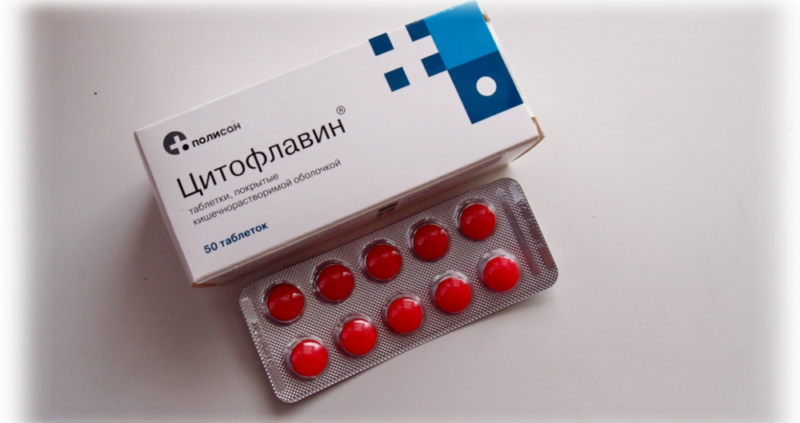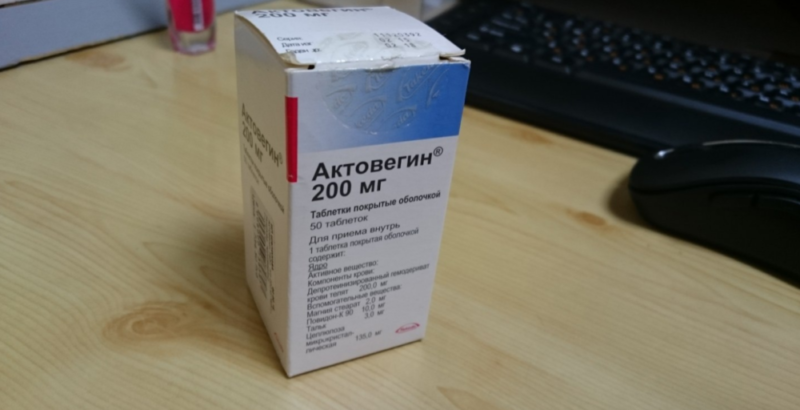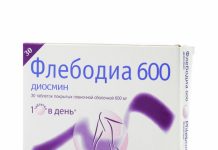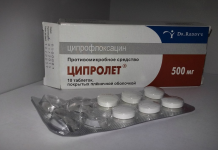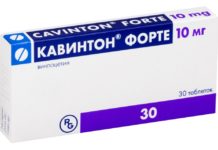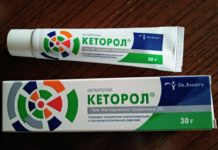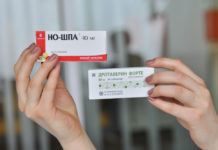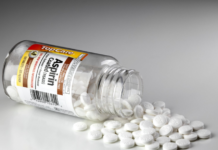Cytoflavin - tablets with a vitamin composition, widely used in the treatment of conditions accompanied by impaired cerebral circulation. Few people know that this drug is also very actively in demand in sports. The medicine is well tolerated, but in case of violation of the dosage regimen, there remains a risk of side effects.
Material Content:
The composition of the drug
The medicine belongs to the group of metabolic preparations with a vitamin composition. Cytoflavin tablets are small in size, red in color, coated with a thin film enteric coating.
The substance contains:
- succinic acid - 300 mg;
- inosine (riboxin) - 50 mg;
- nicotinic acid amide (vitamin B3) - 25 mg;
- Vitamin B2 - 5 mg.
In addition, a copolymer, propylene glycol and dye E122 are also present. Tablets are available in cartons of 50 and 100 pieces. The drug can be purchased without a prescription in any large pharmacy. The second form of release is a solution.
The components of the composition have a complex effect on the nervous system. Succinic acid is an intracellular metabolite of the Krebs cycle, improves cellular respiration and metabolism, and stimulates the release of ATP. Riboflavin, or vitamin B2, is involved in redox processes. The nicotinic acid amide (nicotinamide) is transformed into the coenzyme NAD, eliminates hypoxia.
All components of the composition are natural metabolites of the body.
The main effect of the medication is manifested in the improvement of cellular respiration and the normalization of metabolic processes in the central nervous system.
What is a metabolic agent prescribed for?
The drug is widely used in the treatment of various diseases, accompanied by metabolic disorders in the brain and cerebral circulation. The drug is used in the treatment of cerebral ischemia, atherosclerosis of blood vessels. The properties of Cytoflavin allow it to be used to treat encephalopathy associated with arterial hypertension. The medication is also prescribed as part of the complex treatment of asthenic syndrome and vegetovascular dystonia.
Pills have found widespread use in sports. They are recommended for use during intense training to increase stamina.
And also a vitamin preparation allows you to eliminate the symptoms of overtraining in the shortest possible time. Due to the fact that Cytoflavin improves cellular respiration, it is used to enhance metabolic processes to quickly enter the training schedule, for example, after a long break or illness. The drug penetrates into all tissues, improves overall stamina and accelerates the recovery process after intense exertion.
Instructions for use and dosage of cytoflavin
The instructions provide a universal dosage regimen - 2 tablets twice a day with an interval of 8 hours. Moreover, evening consumption should be carried out at least 4 hours before bedtime, since the drug has a stimulating effect on the nervous system.
Taking the drug at a later time is fraught with insomnia.
For better absorption of tablets, the medicine should be washed down with half a glass of drinking water. The substance enters the blood from the gastrointestinal tract and begins to act on average after 2 hours. Since the active substances are quickly converted into metabolites, it is recommended to observe an eight-hour break between morning and evening use to obtain a stable therapeutic effect. The duration of treatment is determined individually and depends on the indications. Instructions for use recommend taking the medicine for 25 days without a break.
During pregnancy and lactation
A metabolic agent is not prescribed for pregnant and lactating women, since some of its components cross the placental barrier and accumulate in breast milk. However, as prescribed by the doctor, the drug can be recommended to the pregnant woman if the expected benefit for the woman exceeds the risk to the fetus. The possibility of admission during lactation should be consulted with a specialist. In some cases, it is advisable to stop breastfeeding during treatment.
Interaction with other drugs
No dangerous drug interactions have been identified, but co-administration with certain drugs may affect the effectiveness of Cytoflavin.
Concurrent use with cardiac glycosides presumably reduces the risk of arrhythmias.
Most drugs for hypertension do not enter into a negative interaction with the components of Cytoflavin, therefore, concomitant use is not contraindicated.
The following medicines have a negative effect on the therapeutic effect of a metabolic agent:
- tricyclic antidepressants;
- chlorpromazine;
- synthetic thyroid hormones.
A metabolic drug can reduce the activity of tetracycline antibiotics and macrolides. If you need to use other means, you must consult your doctor. In some cases, it is advisable to consider a change in the dosages of the drugs taken together.
Note to athletes: Cytoflavin does not affect the effectiveness of steroid hormones and other drugs used in bodybuilding.
Contraindications, side effects and overdose
A metabolic medication should not be used in case of individual intolerance to the components of the composition. And also, the drug is contraindicated in patients with kidney stone disease and with an increased content of uric acid in the blood. With gout, medicine is prohibited.
The drug is well tolerated by the body. Cytoflavin, the dosage of which is selected correctly, does not cause side effects.
In rare cases, the following adverse reactions are possible:
- insomnia (due to the use of tablets shortly before sleep);
- a fast-passing increase in blood pressure;
- headache;
- dry mouth
- short-term nausea.
Long-term use of a large dosage of the drug is potentially dangerous for impaired renal function and an increase in uric acid levels. Symptoms of the reaction are unknown, such cases have not been recorded.
Analogs
If, for some reason, the patient did not fit Cytoflavin, the doctor will help pick up analogues. A complete synonym is Cerebronorm. The problem is that in recent years it has been almost impossible to find on sale. Actovegin, Mexidol and Mexiprim can become a substitute for a metabolic drug. All of these analogues relate to antihypoxants and antioxidants, are used in the treatment of various disorders in the nervous system.
In order to avoid intolerance and the occurrence of side effects, it is recommended to consult with a specialist on the appointment of substitutes, since all analog drugs have different compositions.


